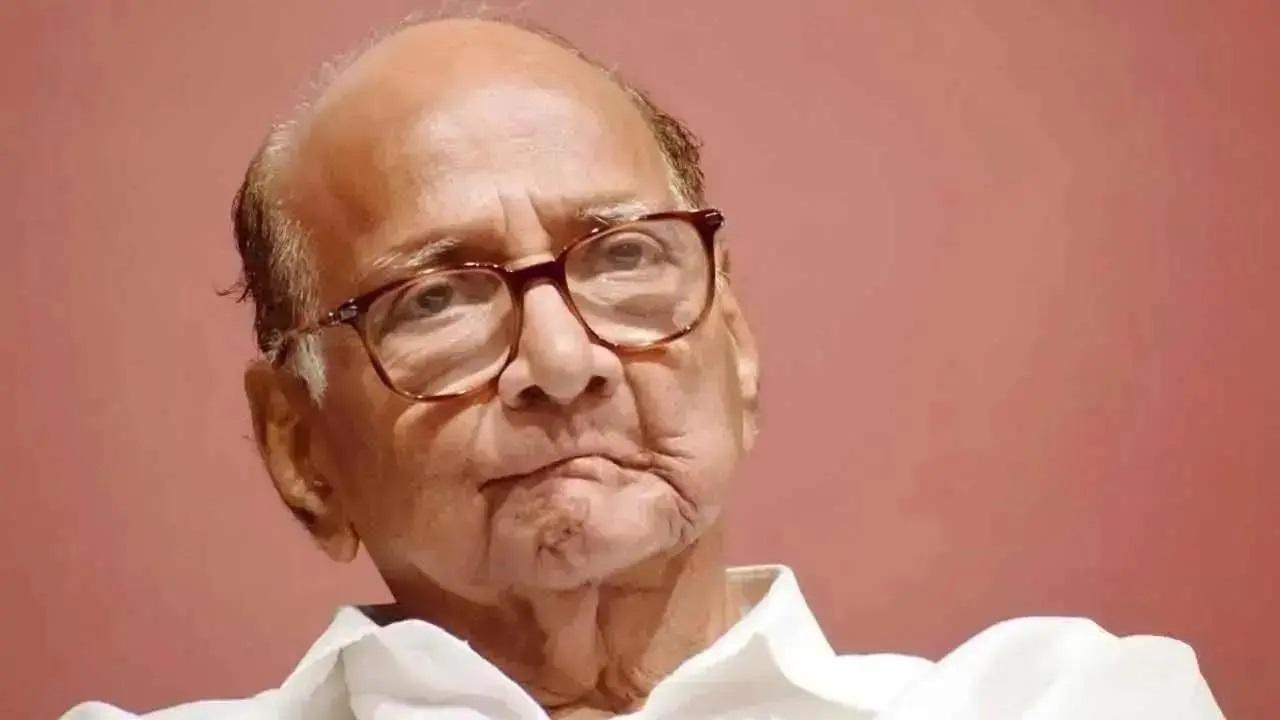A division bench of Justices SS Shinde and MN Jadhav was hearing a petition filed by Nikhil Bhamre, a resident of Nashik, seeking that all five FIRs registered against him in different districts of Maharashtra be quashed

Sharad Pawar. File Pic
Refusing to grant urgent bail to a 22-year-old pharmacy student, arrested last month for an alleged objectionable tweet against NCP chief Sharad Pawar, the Bombay High Court said fundamental rights are not absolute.
ADVERTISEMENT
A division bench of Justices SS Shinde and MN Jadhav was hearing a petition filed by Nikhil Bhamre, a resident of Nashik, seeking that all five FIRs registered against him in different districts of Maharashtra be quashed. He also prayed that he should be released from jail in the meantime while his petition was pending. Bhamre's lawyer advocate Subhash Jha told the court that it was unfortunate that this was happening to a young man in a state like Maharashtra, and "we are living in a democracy". The bench noted that Bhamre was 22 years old, and said at this age there has to be some "responsibility".
"Every citizen has fundamental rights. But these are subject to restrictions. Fundamental rights are not absolute. No one has the right to comment on someone else's private life," Justice Shinde said. "Merely because one has the right does not mean he or she can exercise this right without any restriction," the court added.
Also Read: Maha DY CM Ajit Pawar reviews Pandharpur pilgrimage arrangements
The bench directed the state government to file a progress report of probe against Bhamre. Advocate Jha then requested the court to pass an order releasing his client on bail. The judges, however, said such an order cannot be passed on the first date of hearing. The court posted the plea for further hearing on June 10.
This story has been sourced from a third party syndicated feed, agencies. Mid-day accepts no responsibility or liability for its dependability, trustworthiness, reliability and data of the text. Mid-day management/mid-day.com reserves the sole right to alter, delete or remove (without notice) the content in its absolute discretion for any reason whatsoever.
 Subscribe today by clicking the link and stay updated with the latest news!" Click here!
Subscribe today by clicking the link and stay updated with the latest news!" Click here!







